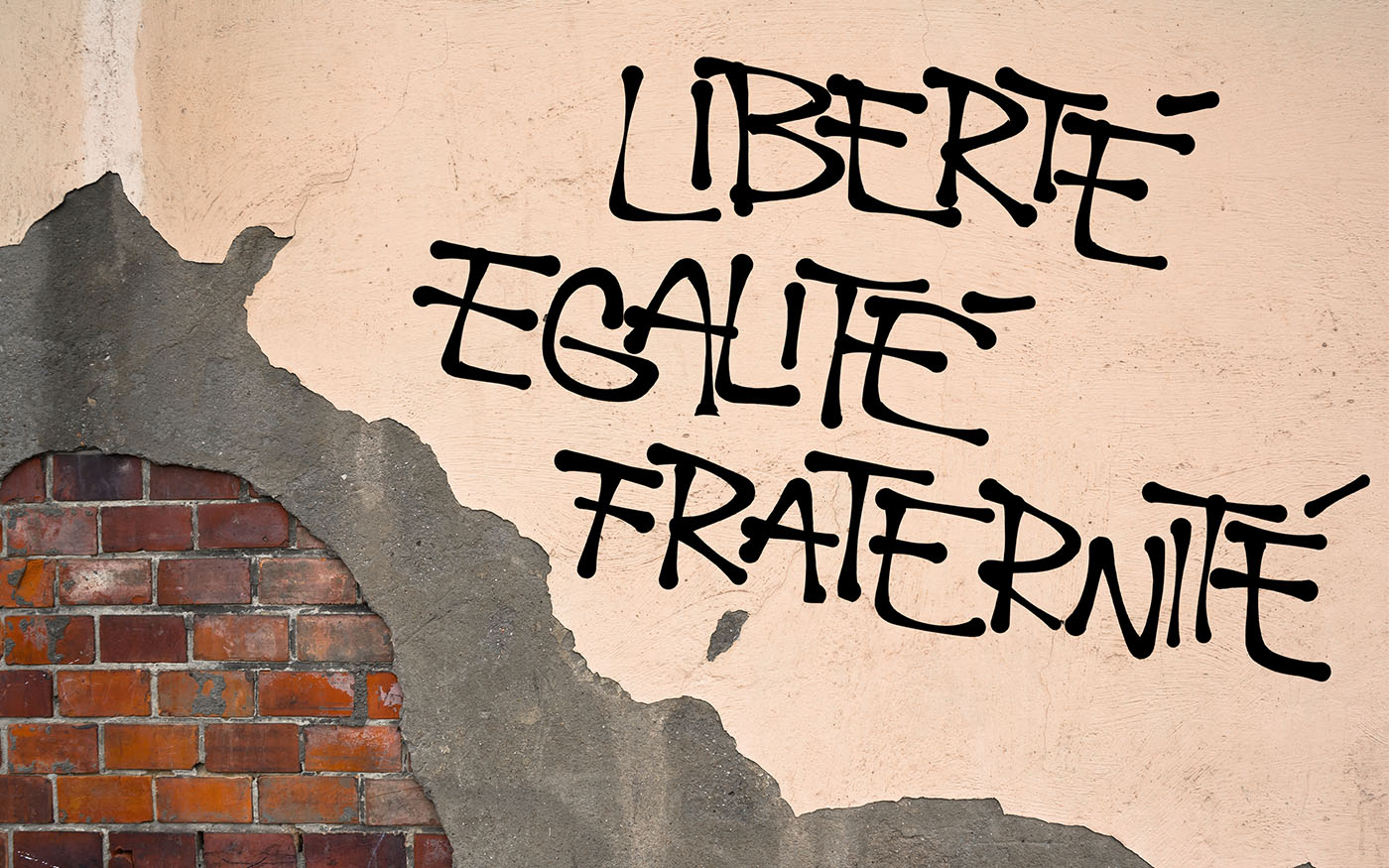Language: The Mirror of Identity
As a language student, I really believe that language is more than a medium for communication; it reflects our cultural identity and sense of belonging. This is particularly evident in the way language shapes our perception of our surroundings, allows us to express thoughts and emotions, and defines who we are. A Eurostat studyfound that nearly 44% of Europeans view language as a critical element of their national identity, underscoring the deep connection between language and cultural heritage.
The Essence of French Identity Through Language
France offers a compelling example of how language embodies cultural identity. The French language, known for its lyrical quality and elegance, is
not just a means of expression but a fundamental aspect of French identity. It represents centuries of literature, art, and revolutionary history, making it a vital gateway to understanding France’s cultural essence.
Language as the Core of National Pride
Historically, the French language has been a key factor in shaping France’snational identity. The French Revolution, for example, was driven by the
power of language, as seen in the writings of Rousseau and the motto « Liberté,égalité, fraternité. » This demonstrates language’s role in expressing national values and aspirations.
French Literature: A Window to Culture and Identity
The inseparable bond between language and culture is vividly displayed in French literature. Works by Gustave Flaubert, Albert Camus, and Charles
Baudelaire not only enrich our understanding of the French language but also offer insights into France’s national identity and cultural nuances.
– Gustave Flaubert captured the essence of 19th-century French society
in « Madame Bovary, » portraying the life and struggles of Emma Bovary
and reflecting the societal values of the time.
– Albert Camus explored post-World War II existentialism in « L’Étranger, »
examining the absurdity of life and the existential void, which
resonated with the French public’s sense of disillusionment.
– Charles Baudelaire, through « Les Fleurs du mal, » delved into the
complexities of love, beauty, and urban life in 19th-century Paris,
capturing the interplay between desire and despair.
If you are yet to discover the works of any of these legendary writers, I would highly recommend you give them a go. In fact, I plan to write my university dissertation on the works of Baudelaire!
If you like poetry, why not check out our article on poems about Paris!
Linguistic Diversity
Language shapes everyday life in modern France, symbolizing the pulse of French culture. Learning French has allowed me to appreciate the nuanced aspects of French identity, illustrating that language learning is about embracing new perspectives and understanding the world through the eyes of
others.
For instance, I’ve discovered that the French language includes a variety of phrases and expressions that are used to show appreciation for the meal, to
toast to one’s health, and to engage in lively discussions about politics, art, or literature.
The phrase « Bon appétit, » commonly said before starting a meal, is an expression of good wishes that has no direct equivalent in many languages. Similarly, understanding and participating in the « apéro, » a pre-dinner social tradition involving light drinks and snacks, requires familiarity with casual
and convivial French expressions.
Read about the impact of Anglicisms on the French Language here!
Language: A Bridge to Global Understanding
Language plays a crucial role in connecting cultures and fostering empathy. It reminds us that identity is dynamic and evolving. By valuing linguistic
diversity and cultural heritage, we can build a more inclusive and interconnected global community.
In conclusion, the link between language and identity is undeniable. From the cobblestone streets of Paris to the sun-drenched vineyards of
Bordeaux, language serves as a binding force. Montaigne said: « La parole est moitié à celui qui parle, moitié à celui qui écoute. » (Speech belongs half to the speaker, half to the listener.) This quote highlights the shared nature of communication and emphasizes the importance of exchange and mutual understanding in shaping identity through language. It reminds us that to truly appreciate and understand a culture, one must not only speak and express but also listen and receive, illustrating the ongoing dialogue between language, identity, and culture
Absolutely French is the first French school dedicated solely to expatriate spouses.
Our main mission is to encourage dual careers among expatriate couples.
With our fun, friendly and innovative French training courses, we guarantee you a successful integration!
Want to learn with us? Register an expatriate spouse?
Contact us!
Email: contact@absolutely-french.eu
Tel: 01 83 73 98 49
Address: 15 rue du Colonel Moll, 75017, Paris.





Comments by Absolutely
Les fêtes en France
Hello Koby, of course, you are welcome to share it ❤️
Conjoint d’expatrié, comment s’intégrer en France?
Thank you Wyatt! Are you also an expat partner? An ...
5 millions de femmes expatriées : conjoints d’expatriés
Merci Vieira Elisangela, pour toutes les femmes expatriées! Nous avons besoin ...
Alexandre Besombes – Unique Paris, conciergerie de luxe
Hello @IrenStymn, in Absolutely French or in Unique Paris? It's ...
Les fêtes en France
Thank you Gavin! We love your comment! We will continue and ...